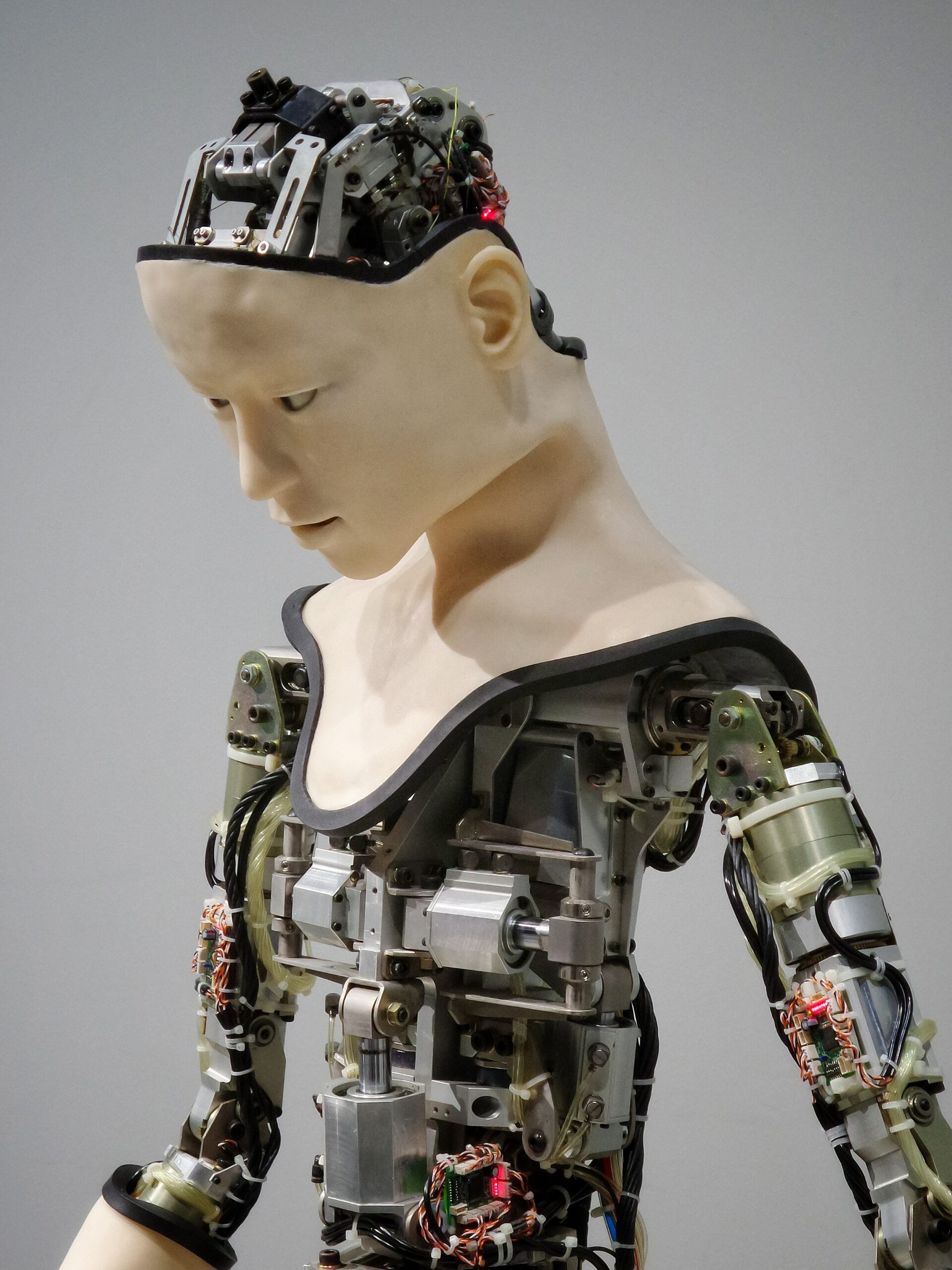AI Inventorship – the DABUS conundrum
25 Mar 2021

Artificial Intelligence (AI) systems, often considered the greatest disruption to business of the 21st Century, are now disrupting global patent law and policy. The leading question:
Are AI-generated novel inventions entitled to patent protection?
Are AI systems even capable of truly autonomous inventorship? Experts argue they are, and as AI inventorship is gradually becoming more mainstream for research and development, that the law must facilitate protection of such inventions.
The most well-known AI “Inventor” is a machine called “DABUS”, created by Mr Stephen Thaler. In 2018 and 2019, Mr Thaler filed parallel patent applications at the UK Intellectual Property Office (UKIPO), United States Patent and Trademark Office (USPTO) and European Patent Office (EPO) naming DABUS as the inventor of two separate novel inventions. All three offices determined the inventions could not be patented, and this is why:
AI inventorship: the UK position
The current UK position is that no intellectual property protection will be granted for AI-created inventions, even if the invention otherwise qualifies for patent protection.
In 2020, the UK High Court affirmed the decision of the UKIPO that DABUS could not be considered an ‘inventor’ as it is not a natural person (see s 7(3) of the Patents Act 1977).
Why must an inventor be a natural person? ‘Inventors’ must be able to exercise their legal rights and fulfil corresponding responsibilities. For example, unlike natural persons, AI systems are not able to enter into a contract; authorise licenses; initiate proceedings to enforce a patent; or bear liability for infringements (see Articles 60 and 62 of the European Patent Convention).
However, if AI systems cannot be listed as the ‘inventor’ of any invention it creates, and the owner of the AI does not meet the criteria for inventorship, the invention may be unpatentable.
If AI-created inventions are not patentable…
A patent guarantees inventors exclusive rights over their invention for a specified period of time (20 years in the UK). Simultaneously, applying for a patent requires publication of the invention specifications. Making these specifications available to the public contributes to global knowledge and stimulates research and innovation.
Should AI-created inventions not be patentable, companies may be forced to rely on secrecy to protect these inventions – inhibiting global knowledge sharing and future development. Companies may even refrain from investing in AI-invented technologies altogether, for fear of a lack of commercial benefit.
Calls for reform
It seems clear that the current patent policies and legislation in the UK and elsewhere is in need of reform.
The Chartered Institute of Patent Attorneys has suggested that the law may be changed to
- Recognise AI systems as inventors;
- Distinguish AI-created inventions within patent law such that an identifiable inventor is not required to establish patentability; or
- Expand the statutory definition of inventor, so that natural persons responsible for AI output may be regarded as the ‘inventor’.
Notably, in its 2020 decision, the High Court left open the possibility that owners of AI systems may be able to patent AI-created inventions, even where the owner has not contributed sufficiently to ordinarily be considered an inventor.
What next?
The UK is officially considering policy and legislative change to protect AI-generated inventions.
On 23 March 2021, the UK government published the consultation outcome from its call for views on artificial intelligence patents. It’s conclusion?
“There are mixed views around the extent to which current AI systems can devise inventions … several respondents therefore thought inventorship criteria should not change. But, many argued that the current approach to inventorship criteria potentially has a detrimental impact on innovation”
An appeal of the EPO’s refusal of the two DABUS patent applications is scheduled for December 2021. The EPO President will be submitting comments regarding the potential for AI to be considered ‘inventors’ by 1 May 2021.
In the interim, the USPTO DABUS decision has been appealed to the US District Court and the hearing is set for 29 March 2021. Interested third parties now have an opportunity to submit amicus briefs/Third Party Observations for consideration by the US Court/EPO as to how the current inventorship requirements may inhibit AI innovation.
Ideally, any amendment to the UK’s Patents Act should be consistent with European and US patent law, as patent applications are commonly filed in parallel in multiple jurisdictions. Harmonious legislation would limit uncertainty within the global patent system.
However, it is worth noting that post-Brexit, with the UK free to diverge on EU regulations, the UK may take leadership on this issue and spearhead efforts to develop a patent system capable of protecting AI-created inventions.
Could a change in patent law be on the horizon?
Look out for updates on this topic when the US District Court publishes its decision on the DABUS case later this year
Article written by Chavah Apfelbaum